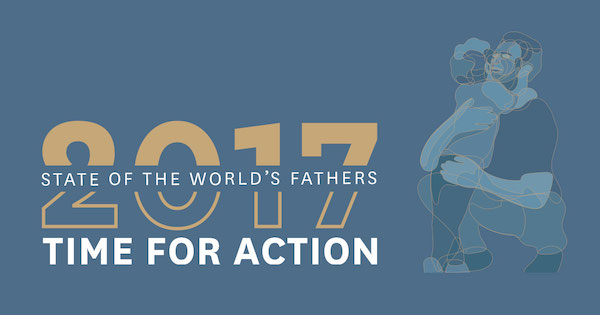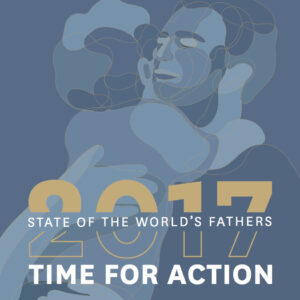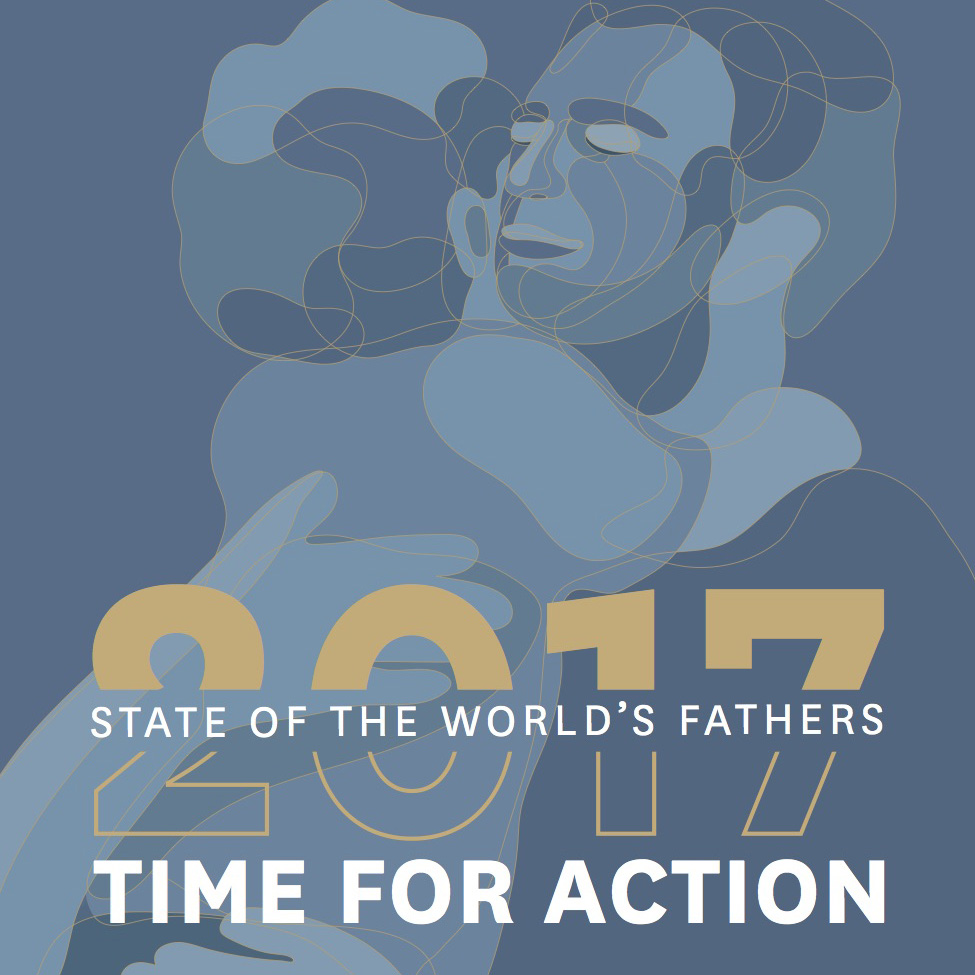
By Nikki van der Gaag
Originally posted on Oxfam’s From Poverty to Power blog
Sharing the housework means better sex. Now that I have your attention, let me explain.
This was just one of the findings in the first ever State of the World’s Fathers report, published in 2015. It collected research from all over the world to propose recommendations on how to ensure that men share unpaid care and domestic work equally with women.
Its premise was a feminist one, drawing on the work of economist Diane Elson – that recognising, redistributing and reducing domestic work and unpaid caring in families is one of the keys to gender equality. Women all over the world are still doing from 2 to 10 times more of this work than men – often on top of their paid work. This work is unpaid, unvalued and uncounted. If we want to achieve gender equality, this needs to change.
The idea for the report came to me when, as a consultant in 2013, I was evaluating the global MenCare campaign, whose aim is to promote men’s equal involvement unpaid care and domestic work as part of ensuring that they are equitable, nonviolent fathers and caregivers (and that includes adoptive or step fathers).
I realised that although there was a State of the World’s Children, a State of the World’s Mothers, a State of the World’s Girls, in fact a State of the World’s almost anything – there was nothing on fathers. It’s as if no-one was thinking about fathers or fatherhood at all. But that just wasn’t true. There were many individuals and organizations around the world ready and keen to come together around a platform to advance men’s caregiving and gender equality. They recognized that one of the reasons men are not involved in the home is linked to the ways in which we define masculinities, and to men’s power over women.
The original aim of the MenCare campaign, which published the first State of the World’s Fathers report, had been to reach 10 countries. By the time I finished the evaluation three years later, it had reached 25. And now, as I travelled to the second MenCare Global Meeting in Belgrade last week, and the launch of the second State of the World’s Fathers report (also being launched in New York and Geneva), there are more than 40 countries – and the numbers are growing all the time. The idea of involving fathers as a first step into gender equality struck a chord across the world in ways that we had not expected or anticipated.
Interestingly, many of those who were involved in that first phase of the MenCare campaign were not working with men in particular. Some were child development organisations. Others focused on women, often at grassroots level. For example, those working with women in abusive relationships found that the women they worked with didn’t necessarily want their husbands and partners to go to prison (although some did). What they wanted was for the violence to stop; they wanted more equal relationships, and they wanted men to be more involved in the home and with their children. So they started to work with couples and with men as well as women.
The success of the report made me reflect on the surprisingness of change and the unexpectedness of impact. We knew that this was something exciting and new, and that it built on increasing interest in engaging men on gender equality, with many international organizations shifting their focus to see men and boys not as barriers, but as potential partners in advancing gender equality.
But we could never have anticipated that we would launch it at the United Nations in New York with Chelsea Clinton and in 10 cities around the world. Nor that there would be more than 10 regional and country reports in many different languages – I have just been given the one in Russian – and the Latin American one launches this month. Or that organizations from Chile to South Africa, from Indonesia to Serbia would take hold of the idea, and take ownership of the data, making recommendations for their own countries and contexts.

